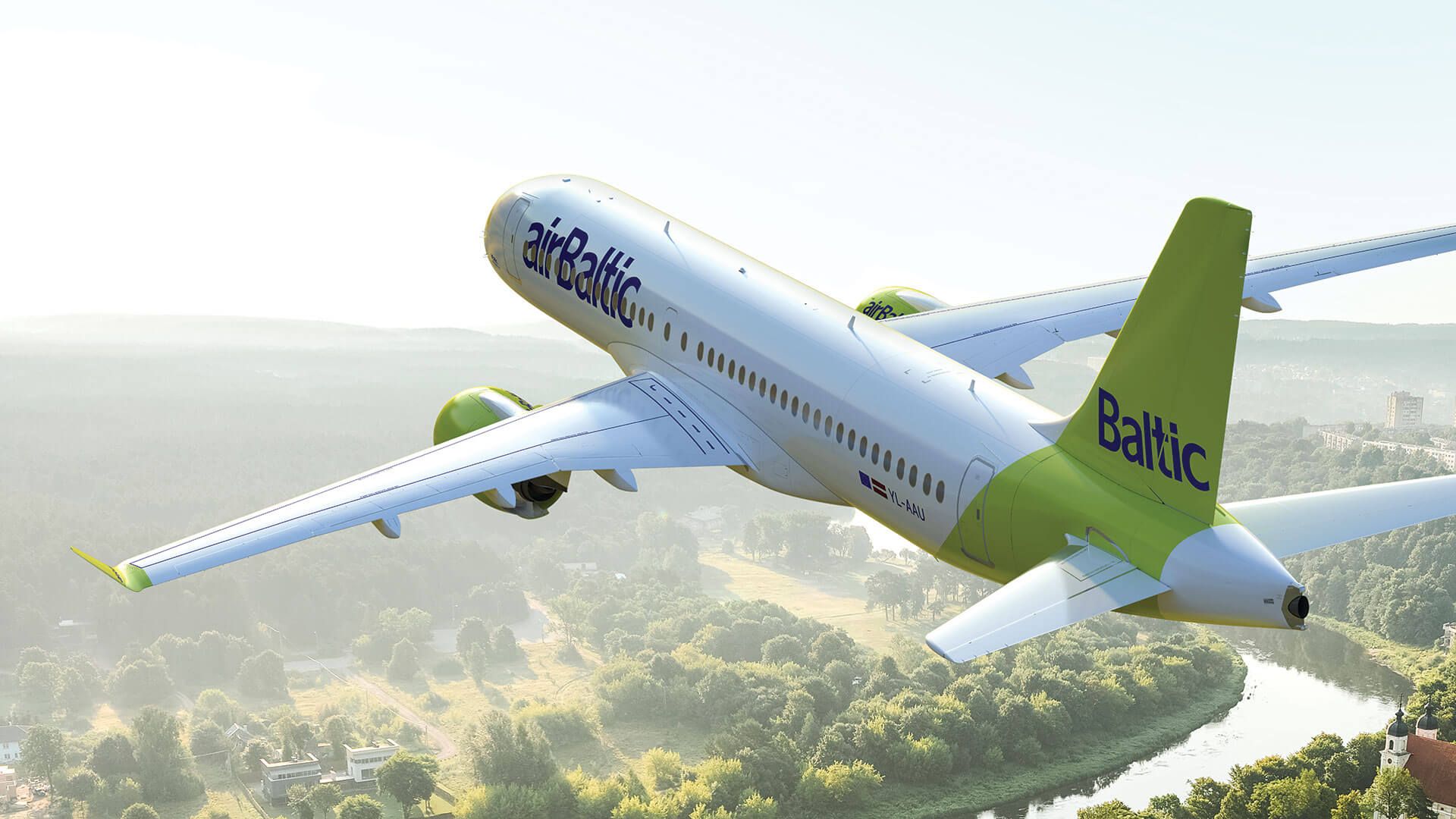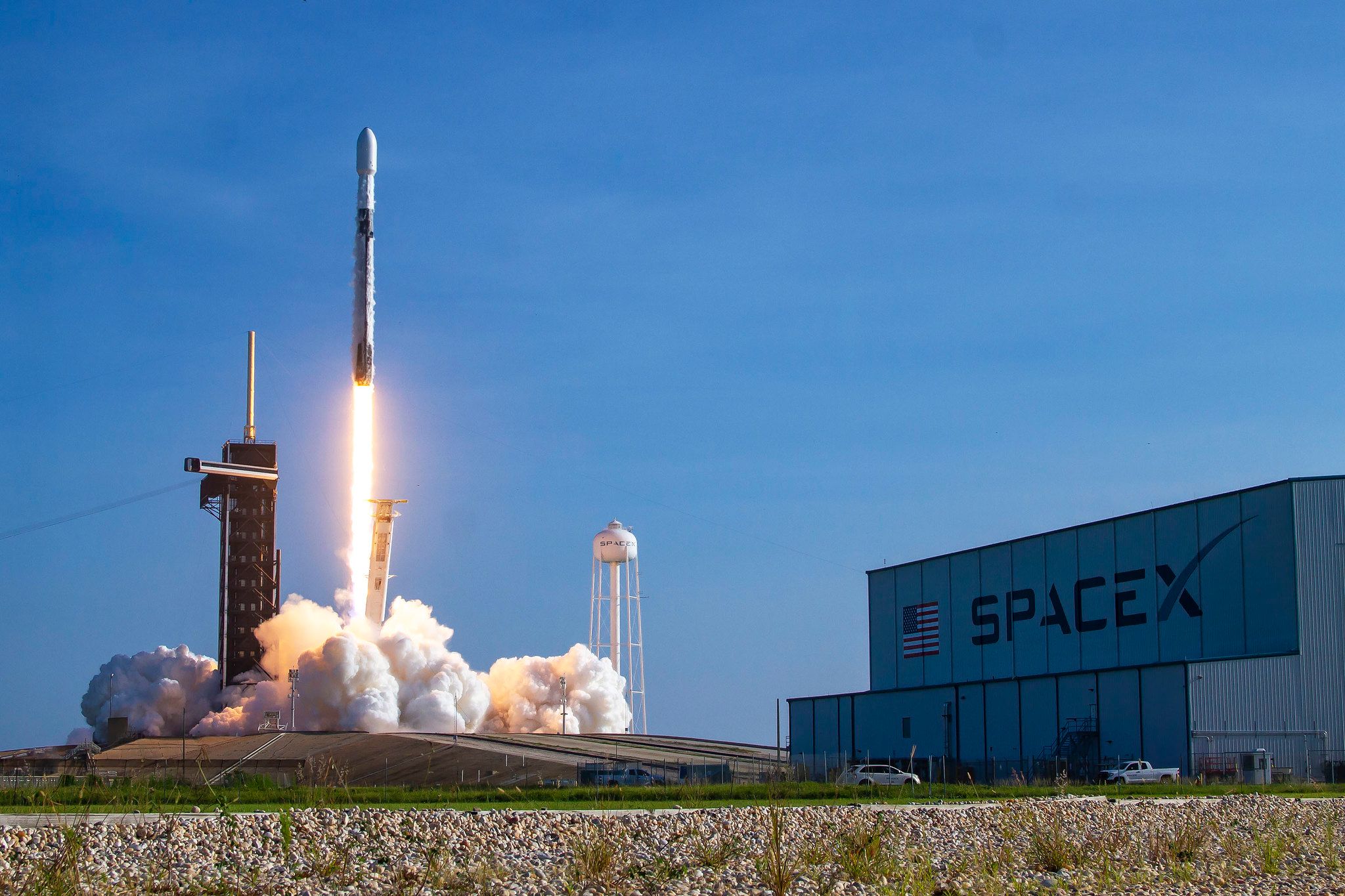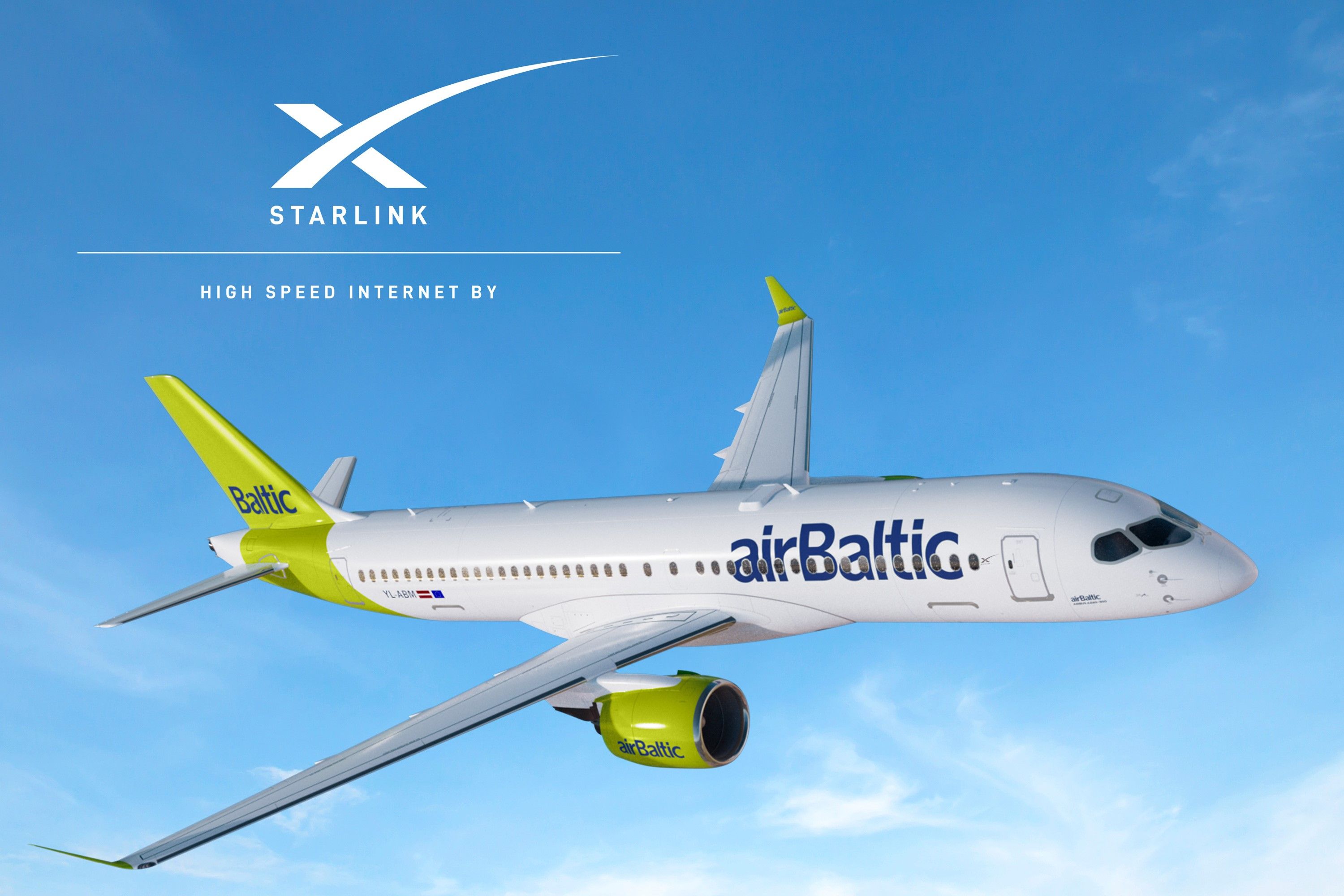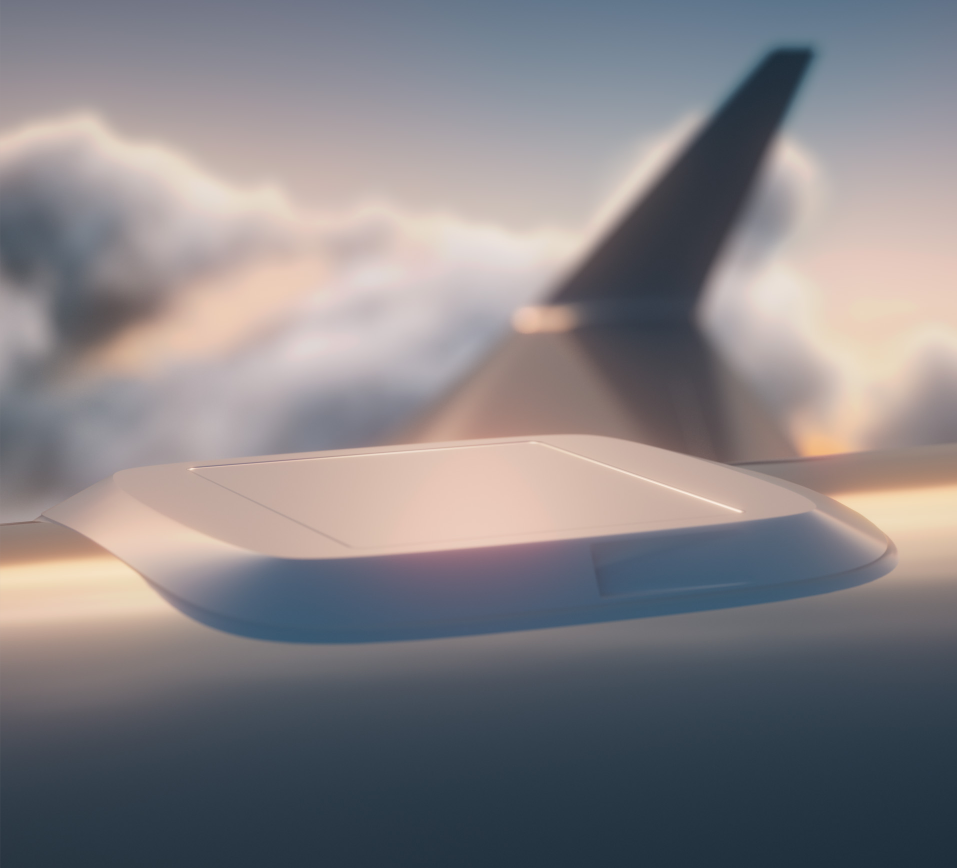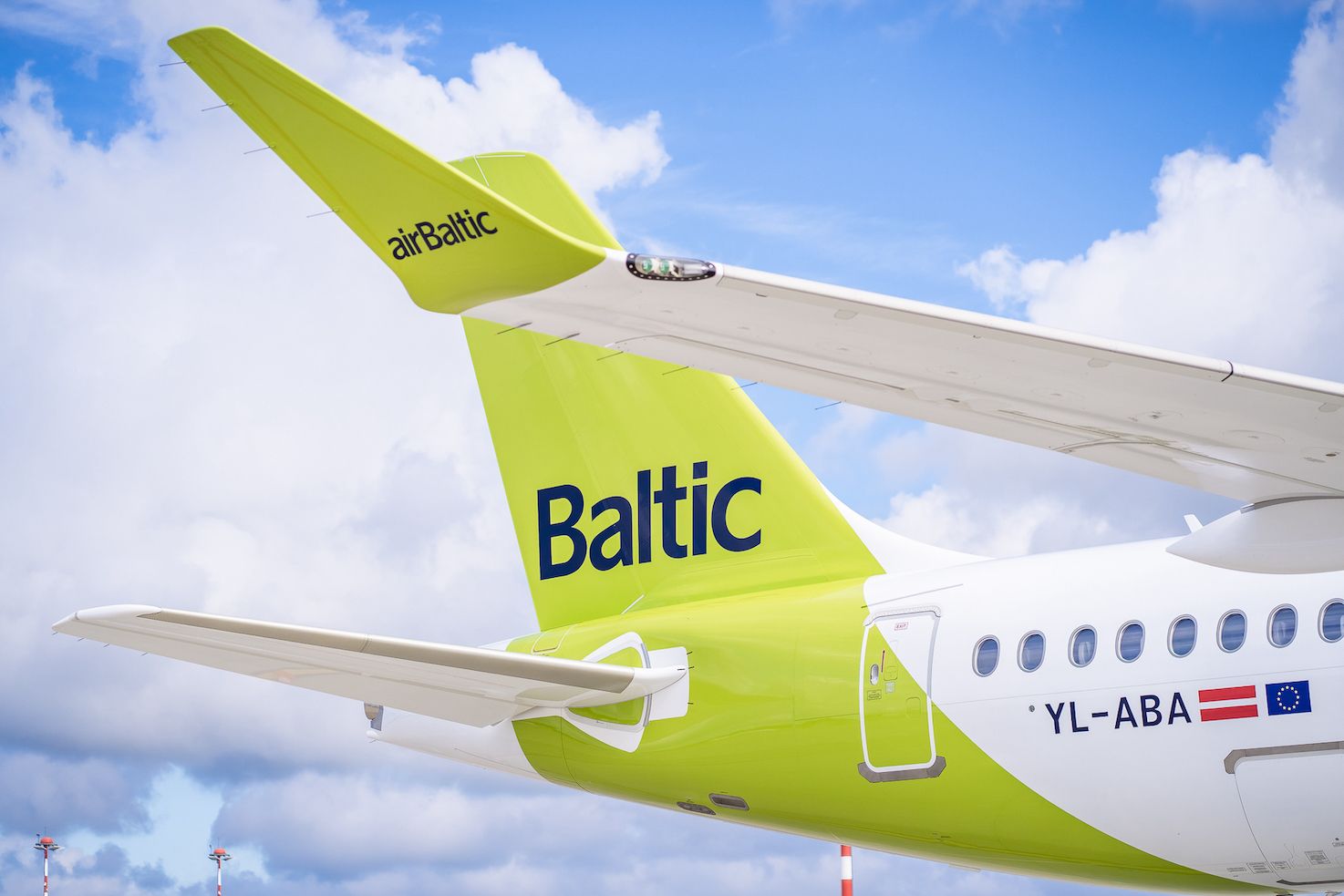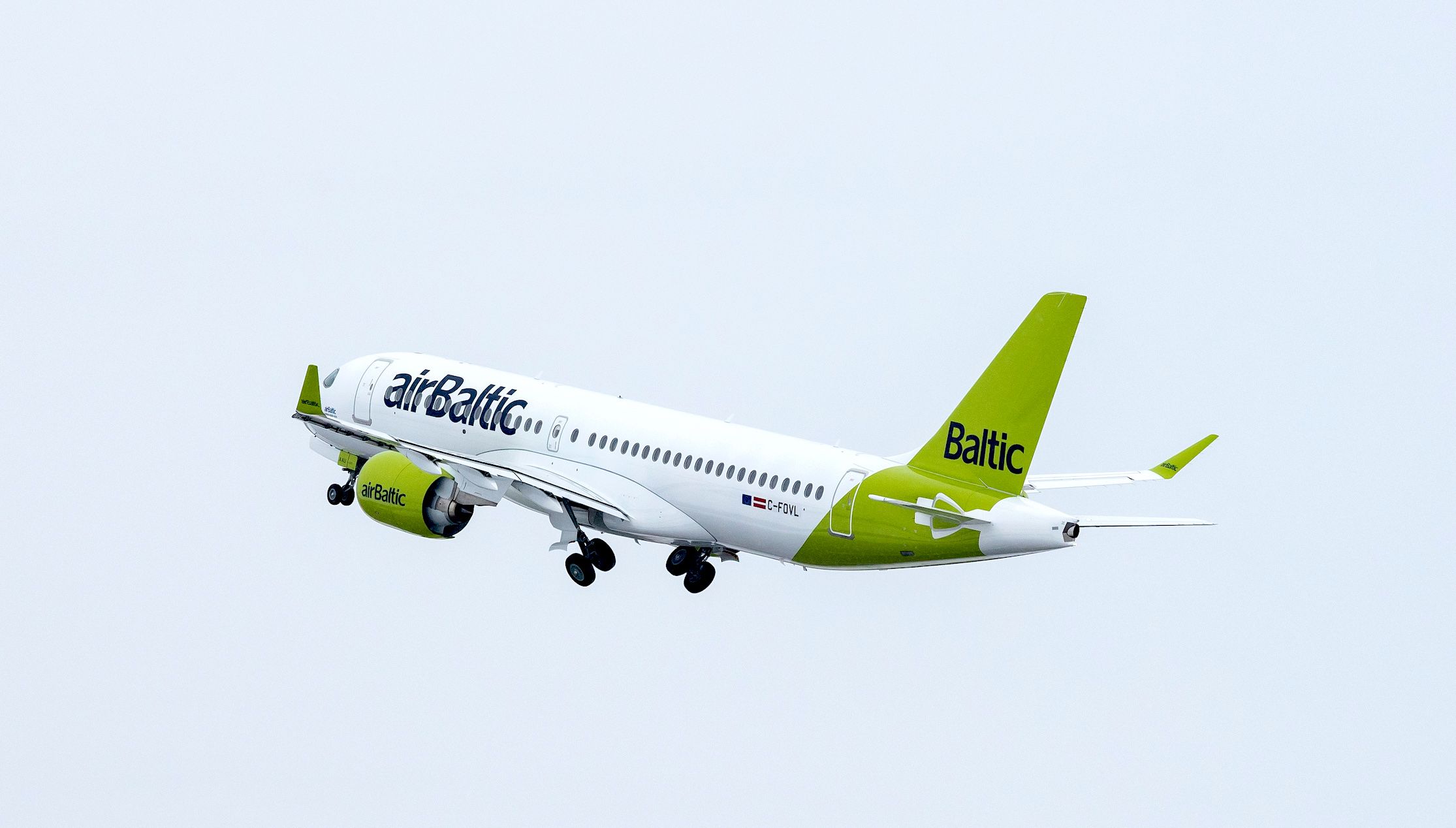The evolution of the low-Earth orbit market has been spearheaded by SpaceX and its ever-growing Starlink constellation. The firm aims to eventually launch more than 30,000 small satellites into orbit, with more than 3,300 already in orbit around the Earth. In January alone, SpaceX has seven launches planned, each one lofting around 40 - 50 new satellites into orbit.
December 2022 saw Starlink hit a major milestone, with more than one million subscribed users benefitting from the service. Most of these are domestic users, but last June SpaceX received permission from the Federal Communications Commission (FCC) to start using the system with moving vehicles - including ships, trucks and airplanes. With a system that promises high bandwidth, fast speeds and low latency, Starlink could be just the shift in development that aviation has been crying out for.
One airline that has recognized this is Europe’s airBaltic. The airline is well known for doing things differently, from becoming the first to accept cryptocurrency as payment, to being the first to operate only the Airbus A220. Now, it will be one of the first airline users of Starlink, and the first in Europe to sign up for the system. We caught up with CEO of airBalic, Martin Gauss, to find out more about this latest bold decision.
Why Starlink?
Airlines have a wide choice of connectivity options available to them. Tried and tested systems are already providing passengers all over the world with inflight connectivity; indeed, solutions are available as line-fit on the Airbus A220 straight from the factory.. So why did airBaltic opt for the less proven solution from SpaceX? Gauss told us,
“We were looking at what alternatives are there for the future, and we identified the SpaceX Starlink system as something which would perfectly fit airBaltic. It's new, it's much faster, and we share that innovative spirit of SpaceX.
“The team SpaceX, the spirit of Starlink, is what we really like, because we have that innovative spirit too. And we just found a company which has that times 10. These people are amazing, their the energy levels and and how they come up with innovations all the time. It's the perfect fit for us.”
Gauss explained that there was a benefit to SpaceX of partnering with airBaltic too. Being the world’s largest operator of the A220, SpaceX could work towards getting the required permissions to use its system on a new aircraft type alongside an airline that has extensive experience using that airplane. That’s a win-win for both parties.
No login, no data collection
The other benefit of Starlink for Gauss was the ability to offer it completely free of charge and with no signup required. Typical systems come with high costs for installation and data use, which then means passengers have to be billed to use the service. The Starlink offering was far more attractive, as Gauss explained,
“Installation is very, very fast and will be done in-house - it's not complicated. When you walk onto the aircraft and simply select the WiFi - no password - and you can have at all times high speed internet access. You can do your Netflix, you can do all your social media stuff, undisrupted.”
Offering WiFi for free is the ultimate goal of almost every airline out there with internet connectivity onboard. Delta Air Lines recently unveiled its free WiFi offering, but passengers are still required to sign up and to be Skymiles members to access the service. JetBlue has offered free WiFi since 2013, but users are still required to sign up.
By offering the service as an open WiFi connection, airBaltic is breaking boundaries and making it easier than ever to stay connected in flight. But with no plans to charge for the service, what’s the business case for investing in Starlink? Gauss explained that it’s all about differentiating airBaltic from the competition,
“We always look at what the needs are for the future, and what is really needed right now is high-speed internet access without complication. There's a cost, of course, to us. But the business case behind it is purely based on the pickup of demand by passengers to choose that airline again, because of the experience.
“We have that already because of the A220. The aircraft today is one of the reasons why we are chosen by passengers over other carriers because of the quality of transportation. That quality goes up now by offering something everybody needs.”
Prior to making the decision, airBaltic undertook in-depth research of its passengers to identify the benefits of fast and free WiFi onboard. The conclusion they came to was that it would be more beneficial not to commercialize the offering, but rather to leave it as a free perk to make the airline the first choice for passengers.
Will it be fast enough?
One thing airlines have always struggled with is WiFi speeds, and maintaining those speeds no matter where they fly. Gauss noted that, due to national regulations, there may be some areas where airBaltic will not be allowed to have the WiFi active, but aside from that, he is confident that every passenger will be able to access fast and stable WiFi throughout their flight.
“I've tested it. I've been on an aircraft flying with it, and I was very impressed. There is a download speed of up to 350 megabits per second, to give you an idea. So if everybody onboard wants to watch Netflix at the same time, even if you have around one megabit per second, you can still watch Netflix. We only have 150 seats on our aircraft, so every passenger can watch Netflix, even gaming is possible. So we will not have an issue with the speed.”
For airBaltic, activating the Starlink WiFi system can’t come fast enough. The rollout will be swift, with in-house antenna fitting enabling the entire fleet to be outfitted rapidly. But the actual date for the service to go live is out of airBaltic’s hands, as Gauss explained.
“We’re targeting 2023, but we cannot give an exact date. And the reason is purely regulatory … The satellites are there, the system is functioning - It's functioning on our aircraft already. But we need to get permission for the A220-300, which we will be doing together with Airbus and SpaceX.”
Would you pick a different airline if fast and free WiFi was included in your ticket price? Let us know your thoughts in the comments below.

